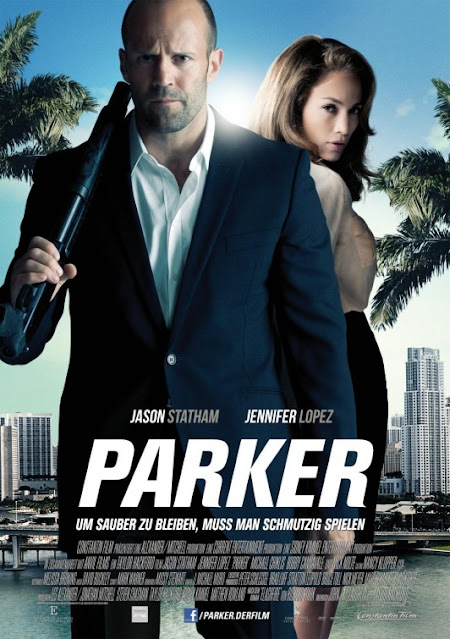This evening I went to the gym, watched an episode of
Mad Men Season 5, did some pre-ordering of comics, and got pretty far along with the first unit of the Massive Open Online Course (MOOC) I've started
through Canvas.
When I get through the first week, I'll post some personal and professional observations as someone who (a) has read comics for a long, long time - including a good chunk of the assigned reading, (b) who actually does care about gender representations in media - but maybe not in a particularly prescribed way, and (c) who worked in distance education for a decade before moving on to digital libraries. As bonus featurea (d) I already went through five years of undergraduate education in narrative media studies, and (d) I sort of have my opinions regarding scholarly writing when it comes to social criticism, so... it's turning out to be an interesting experience already.
It's going to be a long post, and only, likely, I will care about it, so... look for THAT.
Speaking of gender in comics and pop-culture, yesterdays post on why it's okay for Power Girl to have a "boob window" got a fair number of hits. By that, I mean, we were around 95 last I checked, which is, like, HUGE for this site. I never know what's going to get traffic. I fully expected upwards of 18 clicks.
I am making a commitment to just admit I am going to just read all the Richard Stark novels and nothing else that is not a comic until I finish the Parker and Grofield series. And then I have, literally, ten books to get through.
- I'm about a quarter way through the Larry Tye Superman book Nathan gave me, so that might get read while I work through the Stark novels.
- Dark City Dames by Eddie Muller - a book with bios of a handful of noir sirens, including sections on Audrey Totter and Marie Windsor
- Altered Carbon - as recommended by Steven
- the next three Barsoom novels starting with Thuvia, Maid of Mars
- Doc Savage, Man of Bronze - personally recommended by no less than Chris Roberson
- The Big Screen - a non-fiction book on the history of cinema
- The Killer Inside Me and After Dark, My Sweet, that I've been putting off for, literally, almost twenty years
- the new Glenn Wheldon Superman book
- a Dashiell Hammett collection
As I said on the Facebooks today, I need more time to read.
So, no recommendations for a bit. My plate is full.
Jamie's birthday is passed, and mine is next Friday, so if you're around and want a cocktail, email me. We may be doing something about drinks on the 13th.
We have a yearly cycle that starts at Halloween and ends with my birthday. Really, from Halloween, it's something every few weeks, including Valentine's Day, then March - the months of birthdays, etc... And, of course, Easter and Mother's Day take us into May. At this point I'm used to it, but it does seem like it compresses time into the various observances. Summer has become my holiday from holidays, except for July 4th, which includes explosions and hamburgers and is thus becoming one of my favorite holidays.
My folks are headed back to Kenya for missionary work/ putting eyeglasses on Kenyans. Always proud of them in their volunteer efforts.
Mad Men Season 6 starts Sunday night, so, leave a brother alone while he does his thing.



















